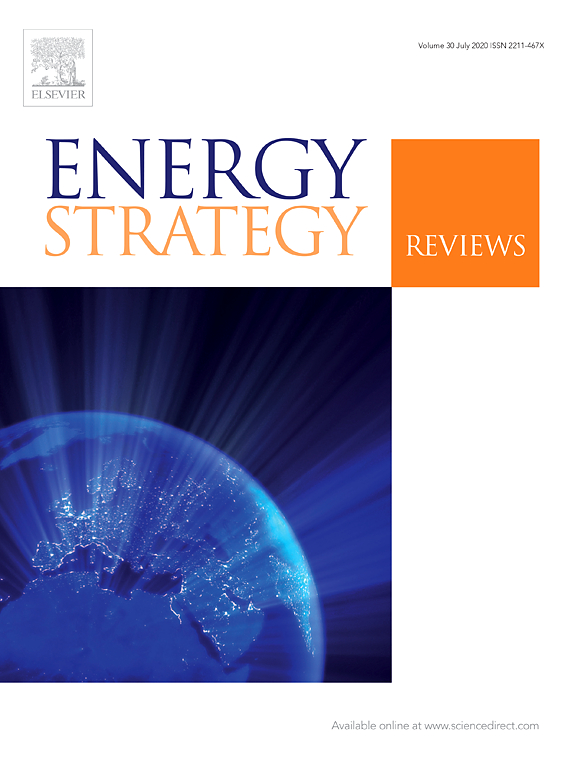The Islamic State oil and gas strategy in North Africa
The new article by Lukáš Tichý, Head of our Centre for Energy Policy, published in the Energy Strategy Review, Vol. 24 explores the energy strategy of the Islamic State (IS) and the negative impact that the IS attacks have particularly on Egypt and Libya.
You can find the article here: "The Islamic State oil and gas strategy in North Africa".

This work was supported by the Grant Agency of the Czech Republic [grant number: 18-00902S] under the title “The Internal and External Dimension of the EU Actorness in the Energy Relations with Russia and Alternative Suppliers”.
About the author: Lukáš Tichý, PhD., is Head of the IIR's Centre for Energy Policy and a Senior Researcher at our Institute. He focuses on issues concerning the energy security, discourse analysis, terrorist attacks on energy sectors, energy security and policy of the Middle East and North Africa countries and foreign and security policies of the EU and Russia.